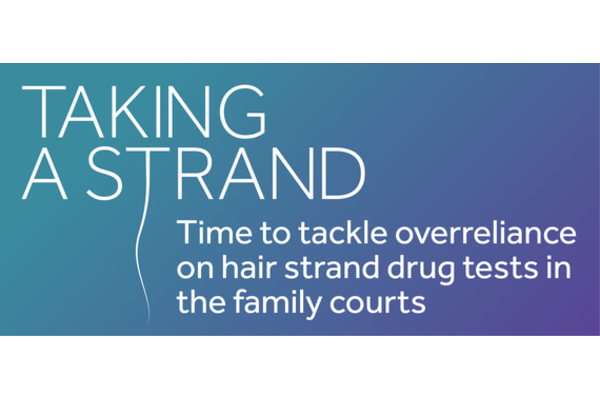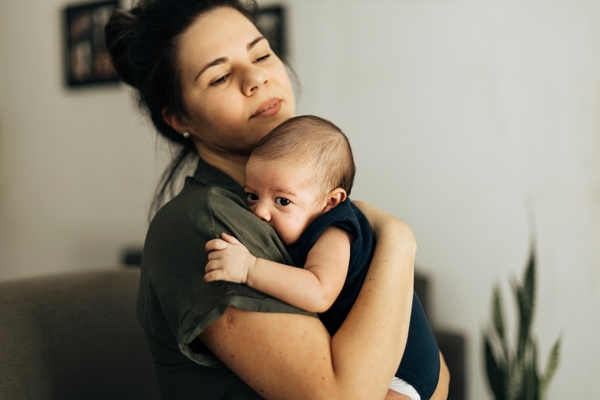Experts call for urgent review of the use of hair strand drug tests in the family courts
New Birth Companions campaign highlights serious concerns around decisions to remove children from families.
Birth Companions has joined forces with leading barristers at family law chambers 4PB and solicitors at MSB to bring attention to concerns about the use of hair strand testing in decisions about the care of children in public law proceedings.
The organisations have come together to launch the Taking a Strand campaign, and have written an open letter to the Family Division and the Family Justice Board calling for an urgent review of the practice. The letter has so far attracted over 90 co-signatories, from more than 20 different organisations.
The family courts use hair strand testing to establish drug and alcohol use among family members. Results from these tests are often a critical factor in decisions about whether children remain with their birth families or are taken into local authority care.
Several Court of Appeal cases highlight concerns with the way that hair strand evidence is interpreted and reported. These concerns include differences in the way substances are detected in different hair types, suggesting significant risk of systematic racial bias.
The recent Court of Appeal Judgment Re D (Children: Interim Care Order: Hair Strand Testing) [2024] found that hair strand test results can be highly misleading when presented in isolation, without consideration of the context and wider influences. The advocates in the case were criticised for providing only a brief summary of the test results and for omitting the comprehensive interpretation and opinions provided by the expert in the body of the report. The Court set aside Judge Jacklin’s decision to authorise the removal of three children from the care of their maternal grandmother and uncle, which was largely based upon three sets of hair strand testing reports.
Naomi Delap, Director of Birth Companions, has commented:
“There is a compelling body of evidence that shows the processes used to interpret the results of these tests are vastly oversimplified and can be highly misleading. There are many variables that must be taken into account in hair strand testing, including in relation to hair colour, race, hair condition and treatments, and pregnancy. There is a real danger that, by using simple thresholds, those who are Black or Asian are more likely to lose custody of their child.
“Without urgent and comprehensive review of the way this evidence is presented and interpreted in court proceedings, there is significant risk that many more children will be wrongly removed from their families: a most devastating form of injustice."
The letter sent by Birth Companions, MSB Solicitors, barristers at 4PB, and their co-signatories, advocates that a review of the practice should include consideration of the need for these tests to be treated as expert opinion evidence, with standardisation in the way they are instructed and reported.
For comment or further detail please contact Katherine Miller Brunton (katherine@birthcompanions.org.uk)





